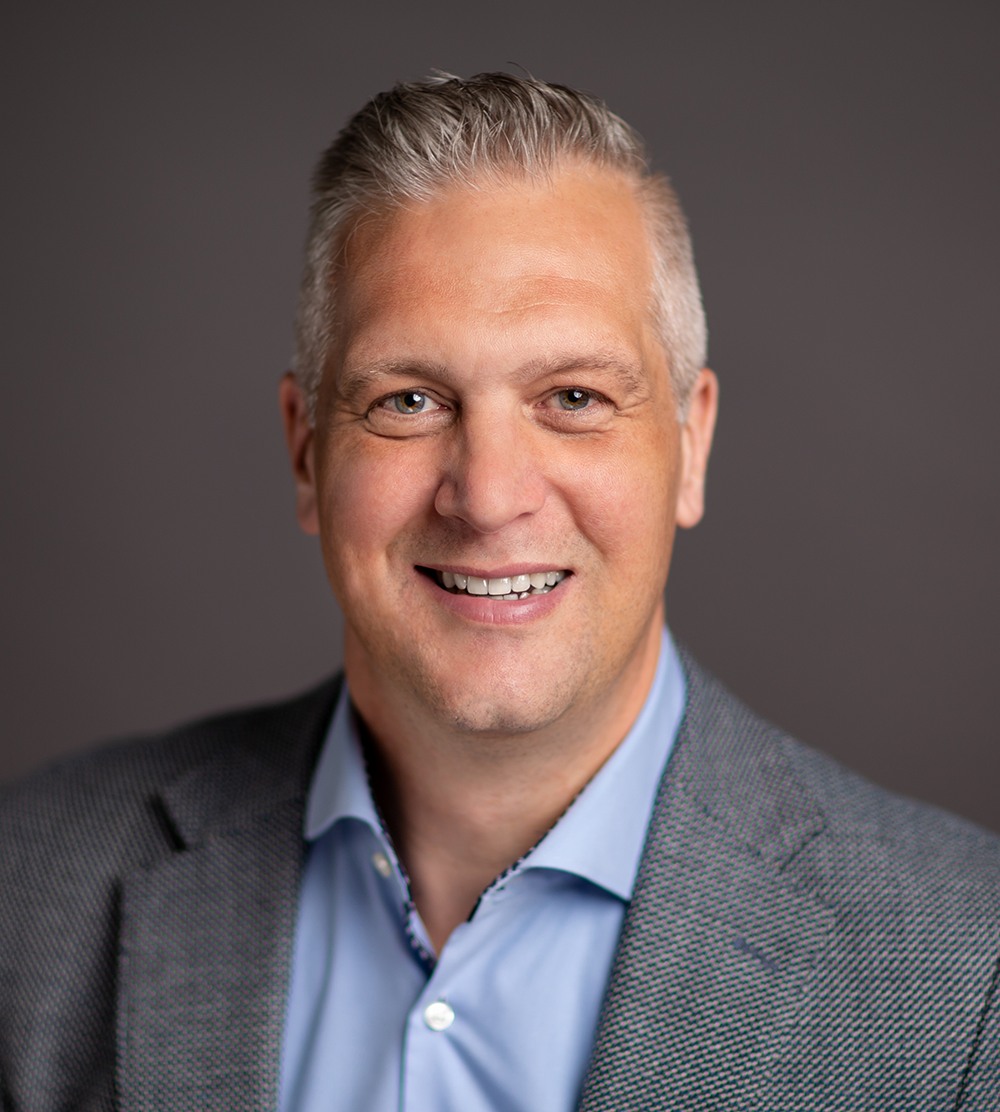What’s next for the future of work? That’s what Matrix Chief Growth Officer Roger Clements asked HR experts during a panel session at the recent CIPD Festival of Work. Here’s what they told him...
With skills increasingly in short supply and workforce demographics in a state of flux, employers need to rethink radically how they approach HR and recruitment to attract the talent necessary to thrive in the future. A future that will see the emergence of a new work order driven by three primary topics, which I was delighted to discuss with leading HR professionals Dr Sarosh Khan, Acting MD at HSM Advisory, Mel Forbes, MD at APSCO and Simon Reichwald, Chief Progression Officer at Connectr at the CIPD Festival of Work 2024.
Societal shifts
The first topic we addressed was the impact that fundamental changes to our day-to-day lives are having on the evolving workforce. For Khan, increasing longevity is a fundamental factor, resulting in an ageing workforce. This means the traditional working model of studying into your mid 20s, working until your mid 60s and then retiring no longer holds true.
“The idea of working 55 years in the same job, workplace and sector is not realistic,” said Khan. “People are going to have to move in and out of roles and industries, explore different ideas, perhaps return to further education, even take a break from work. This means viewing careers in a more dynamic way. The possibilities of this new agile approach are exciting, with multiple opportunities and paths. But it’s something most employers have yet to consider.”
This will drive an increasing proportion of the workforce above the traditional retirement age – a group that’s hugely valuable due to their experience and depth of skills yet could well want to work fewer days a week. “Effectively managing this growing demographic is key to retaining talent and ensuring future business success,” concluded Khan.
Enabling underrepresented talent, including older people, to enter the workplace is also crucial to closing the talent gap, according to Simon Reichwald. “The organisations that are going to win are those that embrace a multi-generational, diverse workforce, which will require major change in the workplace, particularly around flexible working,” he said. “Employers will need to fish in different pools of talent to find the necessary skills, plus develop them within their existing workforce.”
Changing working models
Working practices are in a state of flux. The traditional single dimensional model based solely on permanent hires is becoming outdated as employers crave the agility to respond to changing demand in an era of unprecedented competition. Meanwhile, employees are demanding more flexibility and control over their careers. Addressing this second key topic, I asked the panel how this situation can be managed and leveraged to drive success.
“Pharmaceutical and technology companies have been the first to respond to the challenge by leaning towards contingent hiring,” explained Mel Forbes. “This works well in pharmaceuticals, for example, which needs people primarily to get drugs to market, but not necessarily all the time. The fact that we now have several categories and definitions of contingent workers, and IR35 legislation, reflect the growing influence of temporary modes of working on the workplace and the acceleration away from traditional permanent models.”
Forbes also pointed out that many young people view their career paths very differently than previous generations, which will shape future workforce models. “I recently spoke to a 16-year-old girl from a minority ethnic background, who’s plan was to do an engineering apprenticeship as she couldn’t afford to go to university,” Forbes recalled. “She had ‘side hustles’, including cultural weaving at weddings at the weekend and maths tutoring in the evenings. These portfolio careers are the future, with an employer no longer being the career custodian as employees take increasing control.”
AI and automation
The digital revolution is creating a wealth of jobs and opportunity, yet the most recent World Economic Forum’s Future of Jobs report highlighted the net deficit in job creation over jobs placement. Drilling down into this third key topic, I asked the panel how HR can tackle this skills gap to ensure we thrive as a profession and create the jobs employers need for future success.
One move employers are making is reviewing their graduate recruitment schemes, according to Reichwald. “Skills development programmes are being created that are accessible to everyone, with academic achievement no longer pre-requirement,” he explained. “This is a key shift towards inclusivity and away from the more exclusive traditional graduate schemes. This skill development drive is also aimed at people within an organisation to add value to their careers and boost retention and loyalty, as well as plug the gap. Key to success here is clearly setting out why this is good for employees, not just the business, to shift the mindset away from a linear career path.”
The first place HR departments can start to respond to this new emerging work landscape, according to Khan, is by taking stock of their current situation. “Carry out a skills audit across the workforce,” he said. “This should include finding out also whether managers and senior leaders have the required skills to take the company forward. In terms of retaining key talent, it’s important to establish if you are providing staff with meaningful work that they enjoy, plus whether your working environment is working for you and your people.”
Establishing the skills gap and what talent is needed, plus the sentiment within the workforce and the suitability of the workplace will provide the platform to develop the right strategy, which must take into account new working models.






